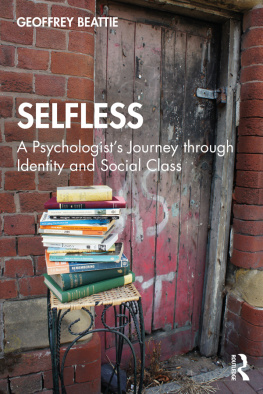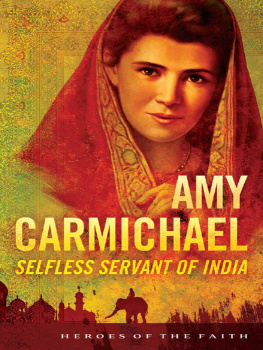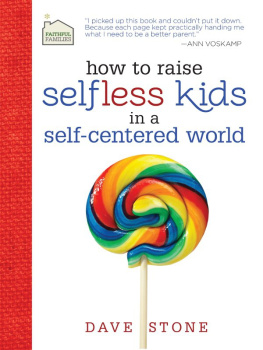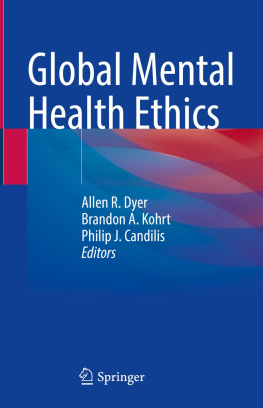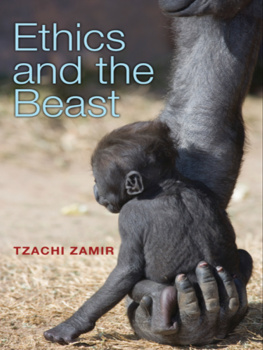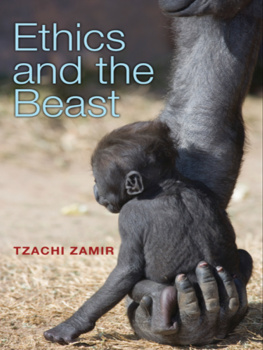THE ETHICS OF AKARA AND NTIDEVA
DIALOGUES IN SOUTH ASIAN TRADITIONS:
RELIGION, PHILOSOPHY, LITERATURE AND HISTORY
Series Editors
Laurie Patton, Duke University, USA
Brian Black, Lancaster University, UK
Face-to-face conversation and dialogue are defining features of South Asian traditional texts, rituals and practices. Not only has the region of South Asia always consisted of a multiplicity of peoples and cultures in communication with each other, but also performed and written dialogues have been indelible features within the religions of South Asia; Hinduism, Buddhism, Jainism, Sikhism, and Islam are all multi-vocal religions. Their doctrines, practices, and institutions have never had only one voice of authority, and dialogue has been a shared tactic for negotiating contesting interpretations within each tradition.
This series examines the use of the dialogical genre in South Asian religious and cultural traditions. Historical inquiries into the plurality of religious identity in South Asia, particularly when constructed by the dialogical genre, are crucial in an age when, as Amartya Sen has recently observed, singular identities seem to hold more destructive sway than multiple ones. This series will approach dialogue in its widest sense, including discussion, debate, argument, conversation, communication, confrontation, and negotiation. It will aim to open up a dynamic historical and literary mode of analysis, which assumes the plural dimensions of religious identities and communities from the start. In this way the series aims to challenge many outdated assumptions and representations of South Asian religions.
The Ethics of akara and ntideva
A Selfless Response to an Illusory World
WARREN LEE TODD
University of South Wales
ASHGATE
Warren Lee Todd 2013
All rights reserved. No part of this publication may be reproduced, stored in a retrieval system or transmitted in any form or by any means, electronic, mechanical, photocopying, recording or otherwise without the prior permission of the publisher.
Warren Lee Todd has asserted his right under the Copyright, Designs and Patents Act, 1988, to be identified as the author of this work.
Published by
Ashgate Publishing Limited
Wey Court East
Union Road
Farnham
Surrey, GU9 7PT
England
Ashgate Publishing Company
110 Cherry Street
Suite 3-1
Burlington, VT 05401-3818
USA
www.ashgate.com
British Library Cataloguing in Publication Data
Todd, Warren Lee.
The ethics of akara and ntideva : a selfless response to an illusory world. (Dialogues in South Asian traditions)
1. SankaracaryaEthics. 2. ntideva, 7th cent.Ethics. 3. Self (Philosophy) 4. Altruism. 5. Buddhist ethics. 6. Hindu ethics. 7. Philosophy, Indic.
I. Title II. Series
181.4-dc23
The Library of Congress has cataloged the printed edition as follows:
Todd, Warren Lee.
The ethics of akara and ntideva : a selfless response to an illusory world / by Warren Lee Todd.
pages cm. (Dialogues in South Asian traditions: religion, philosophy, literature and history)
Includes bibliographical references and index.
ISBN 978-1-4094-6681-9 ISBN 978-1-4094-6682-6 (ebook) ISBN 978-1-4094-6683-3 (epub) 1. SankaracaryaEthics. 2. Santideva, 7th centEthics. 3. Religious ethicsIndiaHistory. I. Title.
B133.S5T63 2013
170.92234dc23
2012049673
ISBN 9781409466819 (hbk)
ISBN 9781409466826 (ebk PDF)
ISBN 9781409466833 (ebk ePUB)
Contents
Foreword:
H.H. the Dalai Lama
It has not been possible to amend this letter for suitable viewing on this device. Please see the following URL for a larger version http://www.ashgate.com/pdf/ebooks/9781409466833foreword.pdf
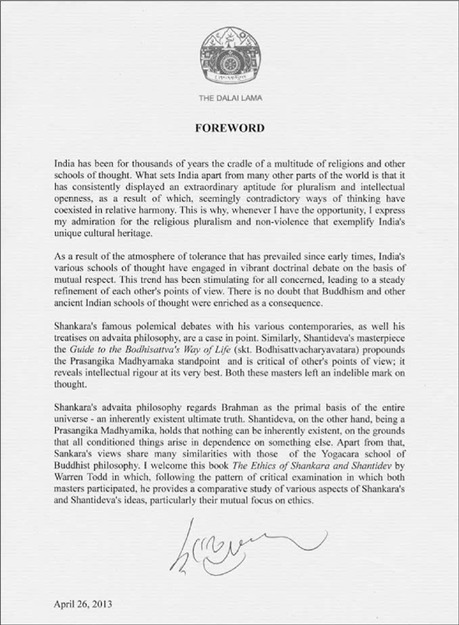
Abbreviations
Ait.U. (Bh.) | Aitareya Upaniad (Bhya) |
A.N. | Aguttara Nikya |
BCA | Bodhicaryvatra |
B.S. (Bh.) | Brahma Stra (Bhya) |
B.U. (Bh.) | Bhadrayaka Upaniad (Bhya) |
Bh.G. (Bh.) | Bhagavad Gt (Bhya) |
Ch.U. (Bh.) | Chndogya Upaniad (Bhya) |
D.N. | Dgha Nikya |
Dhp. | Dhammapada |
EHU | Enquiry concerning Human Understanding |
EPM | Enquiry concerning Principles of Morals |
G.K. (Bh.) | Gauapdas Krik (Bhya) |
G.S. | Gay Science |
Gau.D.S. | Gautama Dharma Stra |
.U. (Bh.) | Upaniad (Bhya) |
J.U. | Jbla Upaniad |
Ka.U. (Bh.) | Kaha Upaniad (Bhya) |
Ken.U. (Bh.) | Kena Upaniad (Bhya) |
M.U. (Bh.) | Mkya Upaniad (Bhya) |
Miln. | Milinda Paha |
MMA (Bh.) | Madhyamakvatra (Bhya) |
MMK | Mla-madhyamaka krik |
M.N. | Majjhima Nikya |
Mu.U. (Bh.) | Muaka Upaniad (Bhya) |
P.U. (Bh.) | Prana Upaniad (Bhya) |
.S. | ik Samuccaya |
S.N. | Sayutta Nikya |
T.U. (Bh.) | Taittirya Upaniad (Bhya) |
U.S. | Upadea Shasr |
Util. | Utilitarianism |
V.C. | Viveka Cmani |
Vin. | Vinaya |
Vm. | Visuddhimagga |
Vv. | Vigrahavyvartan |
Acknowledgements
I acknowledge my deepest debt to the AHRC for their doctorate scholarship. I thank Ashgate for providing such a wonderful series in which to publish. I especially thank Dr Brian Black for his generous guidance and encouragement at the start of the project, and Matt Irving for so patiently guiding me through the whole publishing process. Respect and gratitude to my tutors: Prof. Peter Harvey, Prof. Chakravarthi Ram-Prasad and Dr Irina Kuznetsova, without whom this book would not have been possible. Special mention to Linda Gyatso for making things happen in India. I bow to H.H. the Dalai Lama and to the late Chogye Trichen Rinpoche for placing me on the path. Thanks are also due to my friends and family for their constant support and humour. Finally, thank you Joly for your endless patience and limitless passion. Warren.
Dedicated to Paul
Chapter 1
The Self
It is more than a hundred years since Nietzsches madman ran through the streets of Europe. And while the flames of atheism and doubt may well have been fuelled by science and scepticism alike, the old deep trust (G.S. 343) in a personal God and for a necessary Absolute being is still very much alive. My interest here does not concern the gruesome shadows (108)
Next page

